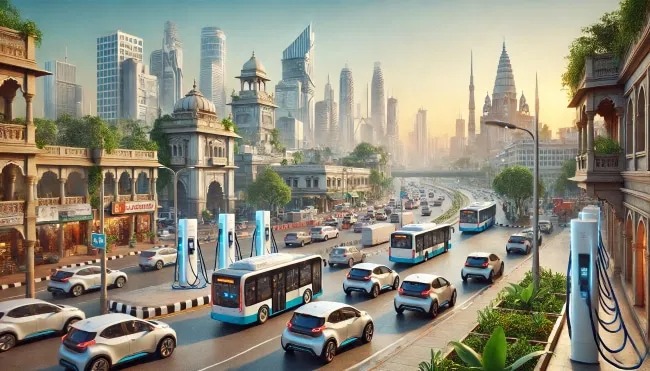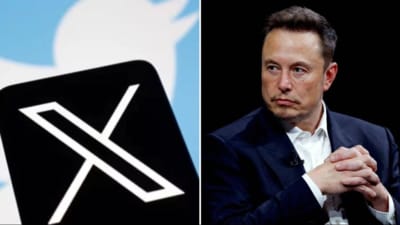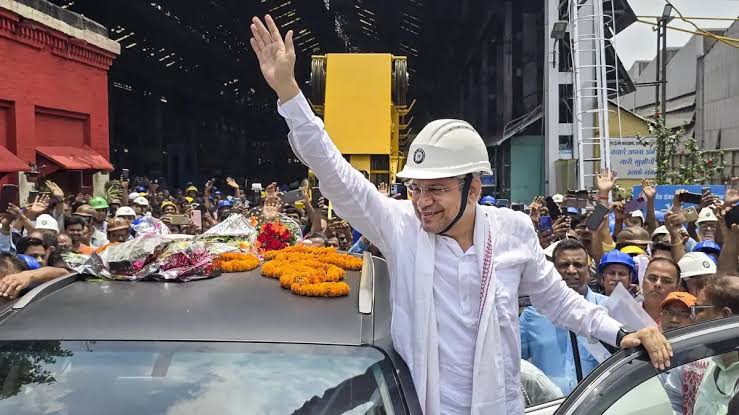 Image Source : Electronics For You BUSINESS
Image Source : Electronics For You BUSINESS
Maharashtra has unveiled an ambitious new electric vehicle policy, aiming for 30 percent EV adoption by 2030. The policy, effective from April 2025 to March 2030, is designed to accelerate the state’s transition to clean mobility through incentives, infrastructure expansion, and manufacturing support.
Among the key highlights, all new residential buildings must be EV-ready, with mandatory charging facilities. Commercial buildings will also be required to allocate significant parking space for EV charging. To encourage adoption, the policy offers financial incentives—up to Rs 2 lakh for electric four-wheelers and Rs 20 lakh for electric buses. Additionally, EVs registered during the policy period will be exempt from Motor Vehicle Tax and registration renewal fees.
The government is also focusing on expanding charging infrastructure, ensuring stations are available at 25 km intervals along highways and in government office parking spaces. Public charging stations will receive viability gap funding of up to 15 percent of setup costs.
In a bid to reduce emissions, Maharashtra aims to prevent 325 tonnes of PM 2.5 pollutants and 1,000 tonnes of greenhouse gases from the transport sector by 2030. The policy further mandates that all new government vehicles for city travel must be electric, with cities like Mumbai, Pune, and Nagpur required to ensure that at least 50 percent of their utility vehicle purchases are EVs.
To support innovation, a Rs 15 crore corpus has been created under the Chief Minister’s EV R&D Grant, funding research in battery technology, motor efficiency, and green hydrogen generation. The state will also establish Automated Testing Stations for EVs to standardize safety assessments.
With these measures, Maharashtra is positioning itself as a leader in India’s EV revolution, setting the stage for a cleaner, more sustainable future.
Sources: Economic Times, Hindustan Times Auto, The Print, Devdiscourse, MSN News
Advertisement
Advertisement






